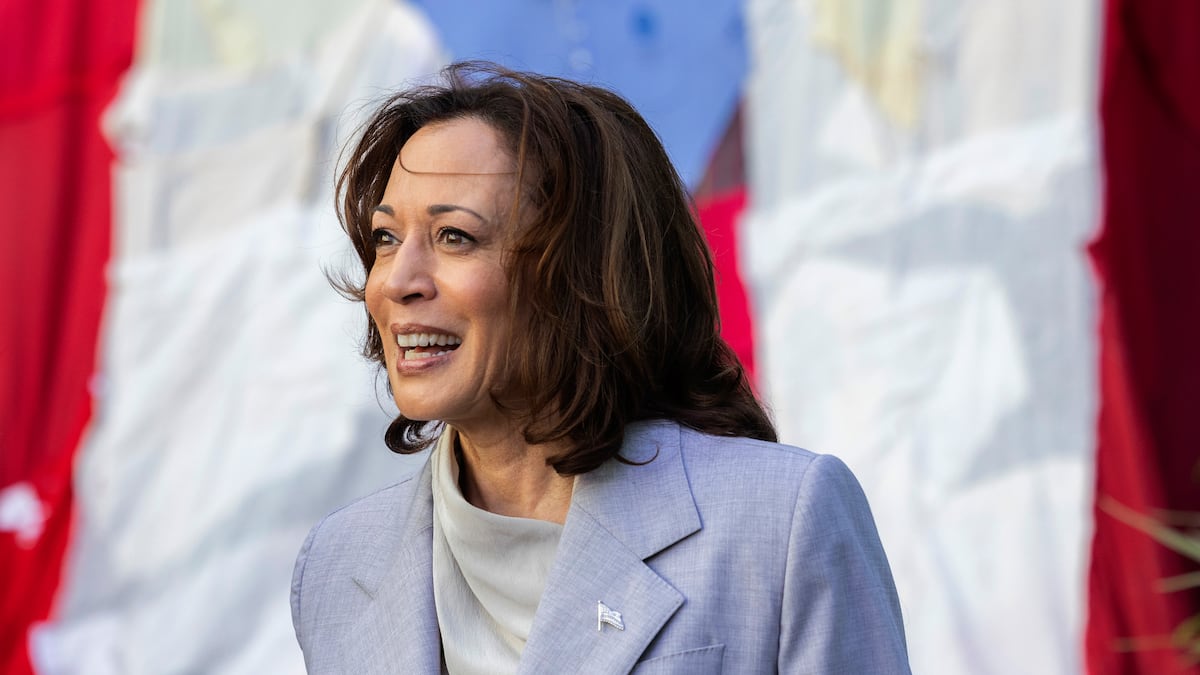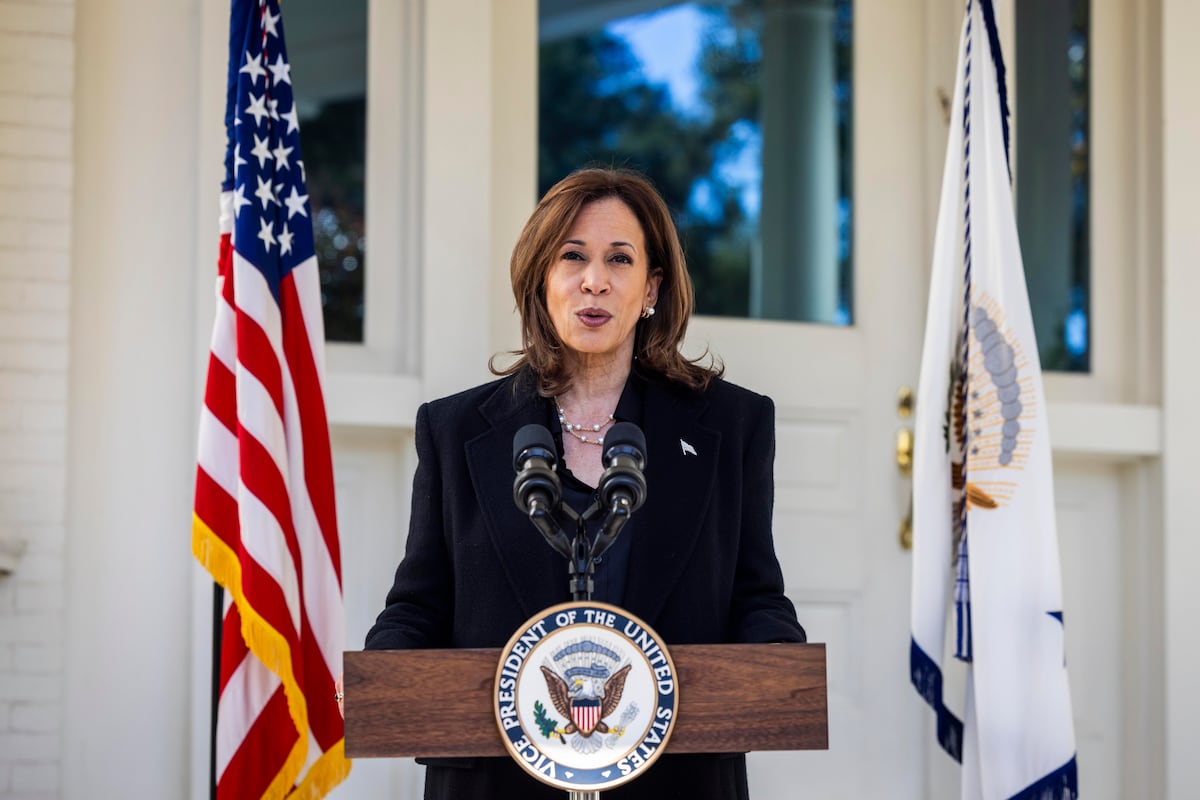“Throwing away is a gesture of power. The ability to do without goods that others would need; the power of knowing that others would take care of its disappearance. The power of possession is pleasurable; never more than the power of undoing: the power of not needing possession. “True power is to disdain it,” wrote Martín Caparrós in The hunger.
Not much has been written about garbage. Not enough either. It has been said that everything—no matter where in the world—ends up having the same smell. That mixture of acidity, humanity, truth, shame and disgust that makes its way through our nostrils, bursts onto the palate and reminds us that the only thing permanent is that everything is temporary.
The teacher Martín Caparrós has made a distinction between the happy garbage of the first world, with his still hot half-eaten pieces of pizza, his slightly damaged appliances, his food in perfect condition but discarded because the expiration date and the trace of the abundance of for whom possessing and being long ago is the same thing. Then, against the weight, there is the garbage that is not festive, dust of nothing, shit of shit, what is left when nothing else can be used to preserve life. The garbage at the end of the world—which is nothing more than any place where living is less likely than possible—is the closest thing to ash. A lot has been written about the ashes. Maybe it was even enough.
Puerto Ricans have been called trash a few days ago. There is no need to elaborate too much on the details of the event. Not out of laziness or boredom of repeating in a text the headline that has given us so much to talk about in recent days, but because what is surprising is that it is surprising. At least at this point. The script of what happened is absolutely consistent with what has been, until now, the Trumpist discourse in relation to Puerto Rico.
It influenced the management of the US response to the natural disasters that the island has experienced, it has impacted the very slow and lethargic recovery process, it has fueled racism and xenophobia in the black and Latino communities to which Puerto Ricans belong in the United States. and has projected the Puerto Ricans who live on the island as inferior beings, or worse still, as servitude – said in this context in the worst of senses because the truth is that few things are as worthy as serving – of those who want to serve. come to fight the gentle battle for paradise, settle in Puerto Rico, exempt from everything, enjoying the climate—outside the hurricane season, naturally—and have a dehumanized human mass that exists in their eyes based on their desires, whims and needs. Labor for the foremen of the 21st century, the same ones who go around in beach flip-flops, bathing suits and condescending gestures demanding that we be grateful for the new modalities of colonial, political and social subordination to which Puerto Rico has been subjected since the US invasion in 1898.
Sound dramatic? Does it sound like writing full of bitterness? Out of rage? Of resentment? Of uncomfortable truths? Is it really better to swallow it with a euphemism? Glad to hear it. It is the intention, because it is.
They called us trash, a floating island of trash, to be precise. During his turn at the microphone in the middle of a rally of Donald Trump’s Republican Party, comedian Tony Hinchcliffe thus referred to Puerto Rico. It was not limited. More was missing. He uttered racist and stereotypical insults in the Trumpist style: that no minority should be left without its dignity being hit. Dehumanizing has always started with a sly, contagious, collective laugh. Laughter is also an engine for horror.
I believe in defending comedy. A people that cannot laugh at its miseries has to have a hard time processing them. However, playful and lucid comedy is one thing and what we saw there is quite another. Which is nothing other than the most culturally violent result of the Trumpian era: the permission to say the unspeakable. The end of dissimulation in the face of what, as a society, we had agreed to be unacceptable. The emboldening and harangue towards the search for an impossible “purity” of race, of nationality, of all these absurdities that classify the unclassifiable. Especially in a country with the history of the United States. That joke is told on its own and the laugh it provokes is more similar to that of the Joker – done with knives on the cheeks – than to the liberating laughter of good comedy, the one that relieves the shame and discomfort that touch our nerves. social. Hence, it is no surprise to anyone that the script continues as it has been established.
As expected, the comment generated massive outrage. For weeks columns similar to this one will continue to be written, social networks were flooded with reactions, expressions, debates, defenses, displays of patriotic pride, reminders of the country’s history. The snowball escalated and a character like Bad Bunny, who has never been afraid to use his power as a cultural mobilizing machine to promote the political causes in which he believes, reacted by sharing a message from the presidential candidate on his Instagram stories. Democrat Kamala Harris around Puerto Rico. An endorsement, without more. An endorsement desired like few others by that campaign. On that same platform he began to follow the candidate for governor of Puerto Rico due to an alliance generated between two political forces (the Puerto Rican Independence Party – to which the candidate Juan Dalmau belongs, favored by Bad Bunny – and Victoria Ciudadana) that seek to break with the bipartite model that has dominated island politics for decades.
There will be those who detract from a gesture of popular culture as powerful as this signal that the Rabbit has sent, there will be those who still consider that with great attacks of dignity something is resolved, there will be those who bet on the reasoning that comes with indignation to respond and react forcefully to what it truly represents for Puerto Rico to have been the object of a mockery of this nature. But the truth is, although I also feel indignant, I am clear that indignation without anger, without action, without movement falls short. These choices, as they all tend to be, are emotional rather than rational. If the Democratic Party manages to capitalize on the energy that a wound like this can generate, it has a lot to gain. The Puerto Rican communities in the United States are numerous, leaders and pioneers among the Latin communities in many of the main American cities and relevant in a close election such as the one that is emerging. On the island, if those of us who live here use that barometer to measure a relationship that is sustained on the promise of a future that never arrives, the Alliance in turn has one more counterweight in its favor.
They have called us rubbish, it is not the first time. There is not a migrant who has not experienced that feeling, of being seen as surplus, as surplus, as the “happy” garbage of that country in which bodies are as useful as they are disposable. But if we think about it, for a culture as diverse as Latin America and so prolific and expert in handling insults, being called trash has little impact. If we hit each other and shout, Wow! Please, there are ranges in the handling of profanity. If we have a thousand ways to name love, not to mention how creative we get when it comes to naming its opposites. Furthermore, when we insult we do not even fear the sacred. On the other hand, when they call us trash, they take it to a plane so earthly, so obvious and literal that they turn us into their mirror. They insult as they are. And, frankly, that does give me the hint of a half smile.






